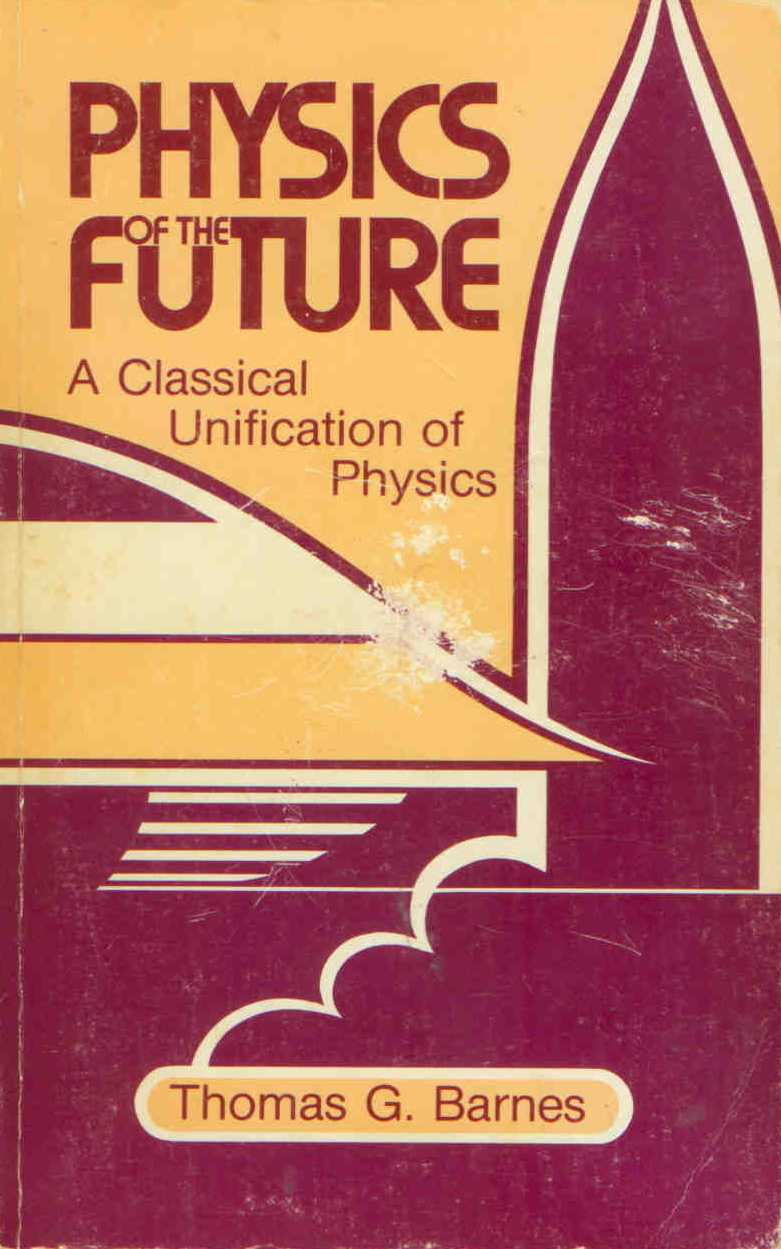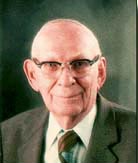This book exposes serious problems with Einstein's theories of relativity and with certain areas of quantum theory. It rejects the basic postulates of relativity and quantum theory and attempts to develop a foundation for modern physics employing an expansion of the concepts of classical physics.
It is not just a matter of substituting one type of treatment for another. It now appears that the classical approach, when it is completely developed, may simplify modern physics. For example, it may be possible to unify all forces in physics into only two fundamental forces, namely the electric and magnetic forces. That contrasts with the present physics classification of five fundamental forces: gravitational force, weak force and strong force (associated with the atom and nucleus), and electric and magnetic forces. An extension of the classical approach shows promise of reducing each of these extra three forces (the gravitational force, the weak force, and the strong force) to electric and magnetic forces.
In the extension of classical physics, as an alternative to relativity, a new feedback process is postulated. This provides new physical phenomena that restore the concepts of absolute time and Euclidian geomentry. New interpretationas of experiments are advanced to support that position. From there one is able to show the possibility of speeds exceeding the speed of light in certain types of rotational motion.
If these concepts are anything like as promising as they now appear to be, physics of the future is going to be mighty exciting for young physicists open to the challenge. - From the Preface



